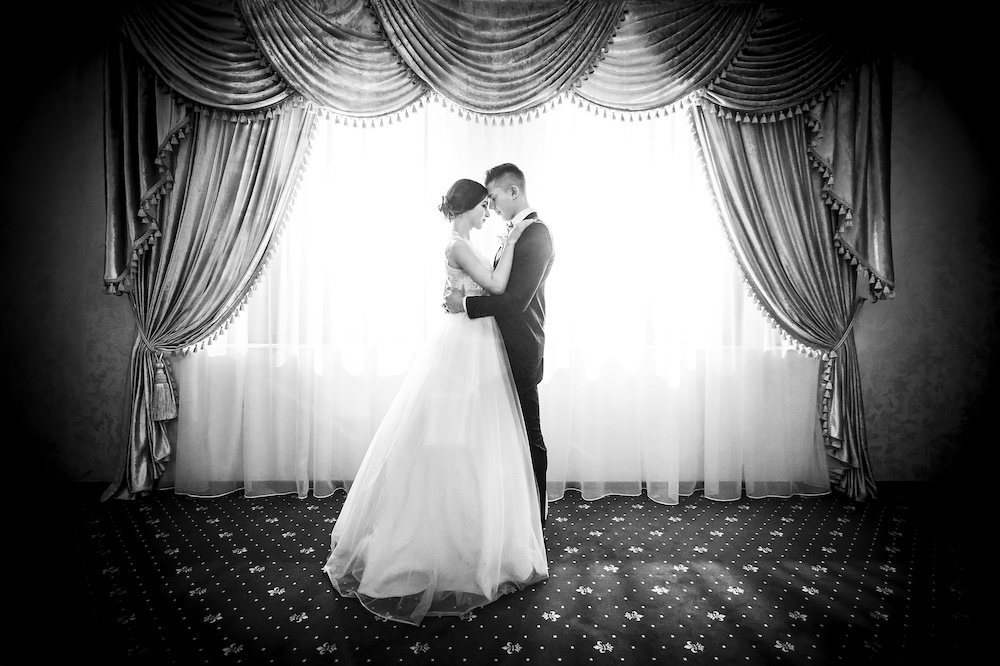lors de
Understanding the French Phrase “lors de”
The phrase “lors de” is a formal preposition in French that translates to “during”, “at the time of”, or “on the occasion of” in English. It is often used in written or formal speech to refer to a specific event or moment in time. Unlike “pendant”, which can imply a duration, “lors de” typically focuses on a specific occurrence or point in time.
Meaning and Usage
- Indicating a Specific Moment:
“Lors de” highlights a particular event or occasion.- Lors de son mariage, elle portait une robe blanche.
(During her wedding, she wore a white dress.)
- Lors de son mariage, elle portait une robe blanche.
- Formal Contexts:
It is more formal than other prepositions like “pendant” or “au moment de”.- Le président a fait une annonce lors de la conférence de presse.
(The president made an announcement during the press conference.)
- Le président a fait une annonce lors de la conférence de presse.
- Followed by a Noun:
“Lors de” is always followed by a noun or a pronoun and never by a verb.- Correct: Il a été blessé lors d’un accident.
(He was injured during an accident.) - Incorrect: Il a été blessé lors de tomber.
(He was injured during falling.)
- Correct: Il a été blessé lors d’un accident.
Common Comparisons
- “Lors de” vs. “Pendant”:
Use “pendant” when emphasizing the duration of an action, and “lors de” for specific moments.- Il a dormi pendant le film.
(He slept during the movie.) - Il a été distrait lors de la scène finale.
(He was distracted during the final scene.)
- Il a dormi pendant le film.
- “Lors de” vs. “Au moment de”:
Both can refer to a specific point in time, but “au moment de” is less formal.- Elle a pleuré lors de la cérémonie.
(She cried during the ceremony.) - Elle a pleuré au moment de dire au revoir.
(She cried when it was time to say goodbye.)
- Elle a pleuré lors de la cérémonie.






